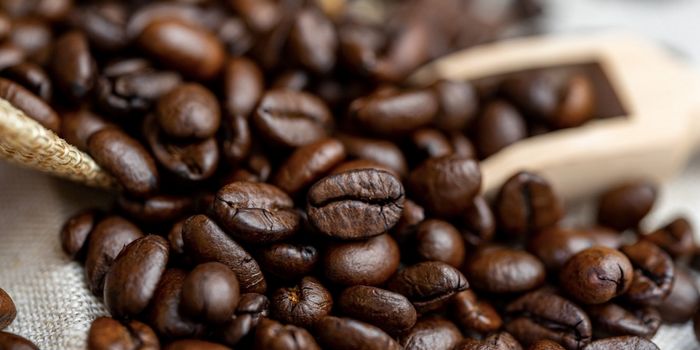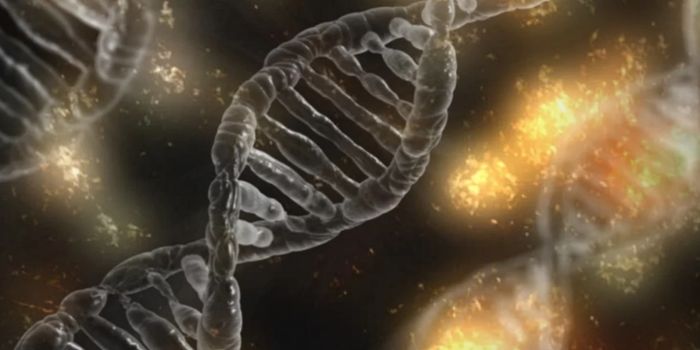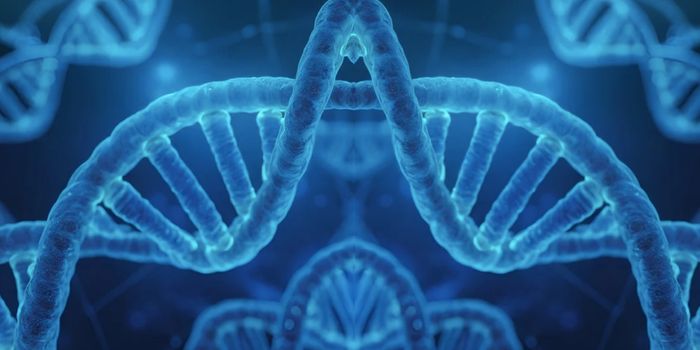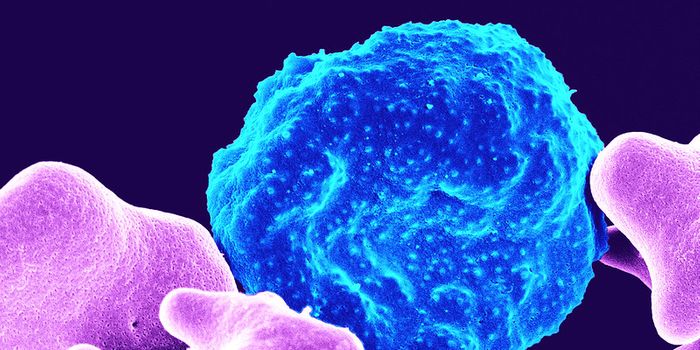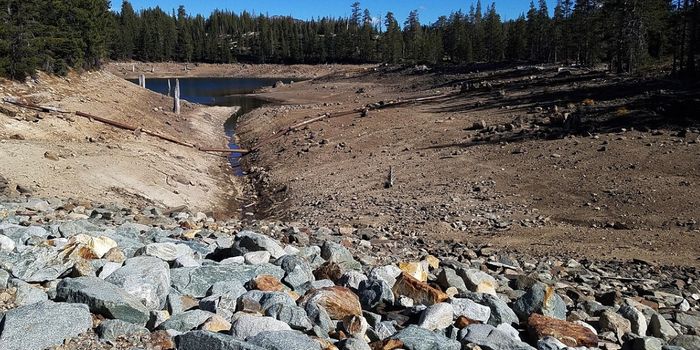Virus Seems to Spread From Salmon Farms to the Wild
Chinook salmon can be infected by a pathogen called Piscine orthoreovirus (PRV) that is thought to cause heart, liver, and kidney damage in the fish. Researchers have now found that in the waters of British Columbia, the virus is now spreading between salmon farms and wild juvenile Chinook salmon in British Columbia (BC) waters. Genetic research traced PRV to Atlantic salmon farms in Norway, and the virus can now be found in most BC salmon farms. The findings have been reported in Science Advances.
This study also indicated that the closer wild Chinook salmon physically get to salmon farms, the more likely they are to contract PRV, suggesting that farms are transmitting the virus to fish in the wild (not the other way around).
"Both our genomic and epidemiological methods independently came to the same conclusion, that salmon farms act as a source and amplifier of PRV transmission," said study leader Dr. Gideon Mordecai, a viral ecologist and Liber Ero fellow with UBC Science. "Because separate lines of independent evidence all point to the same answer, we're confident in our finding."
In this study, the researchers analyzed the genomes of 86 PRV samples. They estimated that about 30 years ago, the PRV infecting salmon in the North East Pacific diverged from the PRV infecting fish in the Atlantic Ocean. This transmission, therefore, seems to have been recent and coincides with the introduction of salmon aquaculture to the area.
"There is much confusion about where PRV is originally from, whether it is transmitted between farmed and wild salmon, and how different lineages of the virus cause different severities of disease," said Dr. Mordecai. "This study's genome sequencing clearly indicates PRV is not native to B.C. waters; it originated in the Atlantic Ocean and has been spread around the world through salmon aquaculture."
The study authors noted that their conclusions highlight how new aquaculture can affect ecology and the risk of introducing novel pathogens to new areas. Additional analysis suggested that the rate of PRV infections has also increased in recent times, along with the growth in the BC salmon aquaculture industry.
"Our finding that PRV is transmitted between farmed and wild salmon is particularly relevant given recent field and laboratory studies showing the lineage of PRV in BC is likely to cause disease in both Pacific and Atlantic salmon," said Dr. Mordecai.
Fisheries and Oceans Canada (DFO) has stated that PRV is not a disease agent, but the study authors noted that PRV has been linked to a Chinook Salmon disease that kills white blood cells and disrupts the liver and kidney.
"Our study reaffirms that a more precautionary approach to managing salmon farming in BC is warranted," said study co-author Dr. Andrew Bateman of the Pacific Salmon Foundation. "The PRV findings, in particular, support calls to transition from open-net salmon farming towards farming technology that doesn't allow disease transfer between farmed and wild salmon, protecting BC's wild Pacific salmon from serious risk in the process."
Sources: AAAS/Eurekalert! via University of British Columbia, Science Advances



